The US Embassy in Budapest recently informed the Hungarian government that the US will reduce the validity of travel authorizations for Hungarian passport holders applying through the electronic travel authorization system. The term will be one year instead of the previous two, and the authorization will be limited to a single use.
Commenting on the surprise announcement, Bence Retvari, Parliamentary State Secretary at the Interior Ministry, said that the visa restrictions could be seen as revenge because Hungary is not prepared to hand over the data of the 900,000 Hungarians abroad with dual citizenship to the US. According to the state secretary, "there is no guarantee that if we comply with this request, the data of Hungarians from Transcarpathia will not be passed on to Ukraine, which would have serious consequences for the Hungarian population there because of the ban on dual citizenship in Ukraine.”
These developments recall my only trip to the United States in 1996. Then, thanks to Sandor Puski, I was invited by the Hungarians in New York to give a lecture on the state of the conservative press in Hungary at the launch of my book at the Arpad Hall on 82nd Street in Manhattan.
Before the trip, I encountered the US visa application questionnaire for the first time and was quite surprised by the strange nature of some of the questions. I thought it was understandable that the authorities of a superpower would want to filter out those who fell into the 'inadmissible' category, for example those who had ever been arrested or convicted of a misdemeanor or felony. For example, those who had been involved in drug trafficking, prostitution or procuring; those who had been expelled from the United States within the previous five years; those who had applied for admission to violate export bans; or those who had been deemed subversive, terrorist or a person constituting a similar threat. These rules were, and still are, entirely legitimate and reasonable.
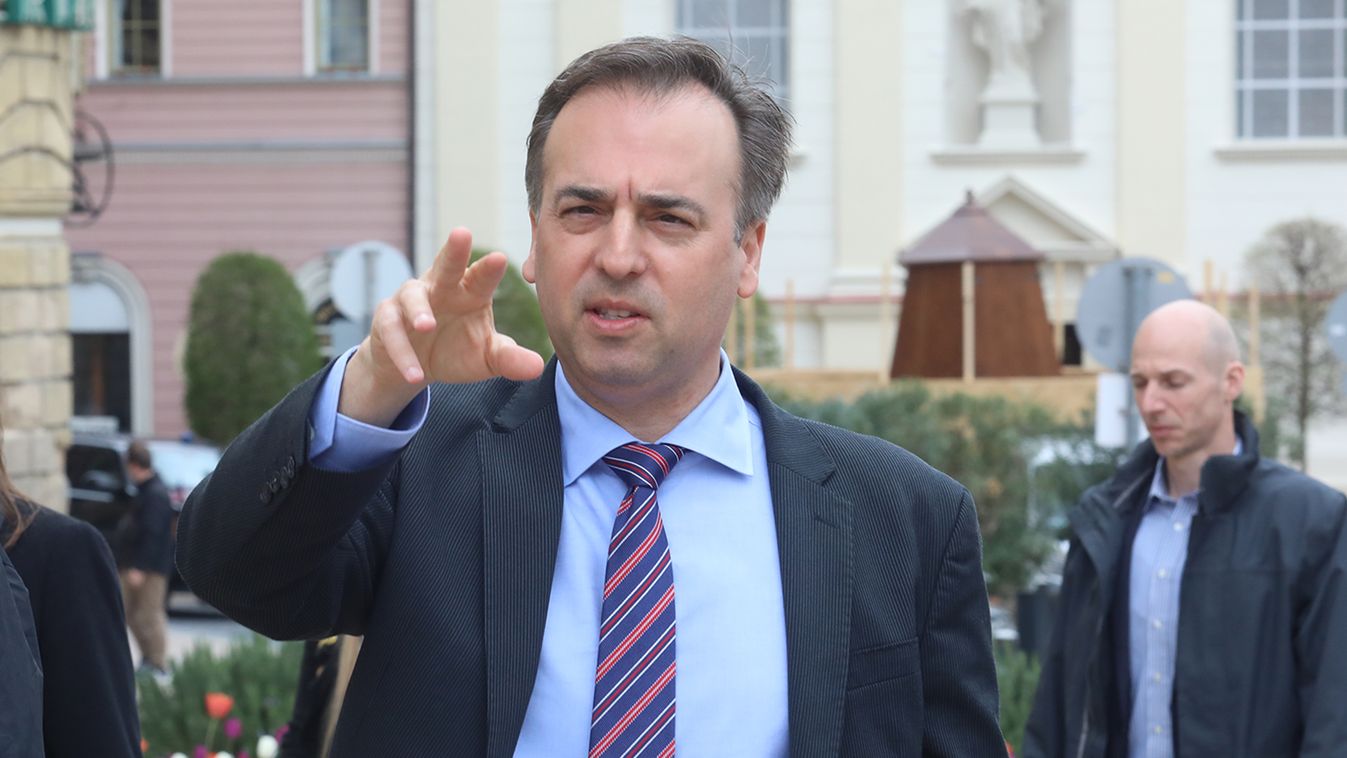

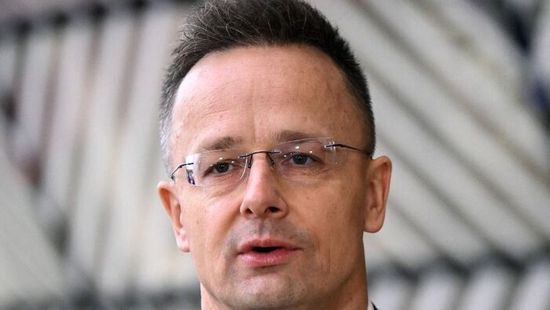

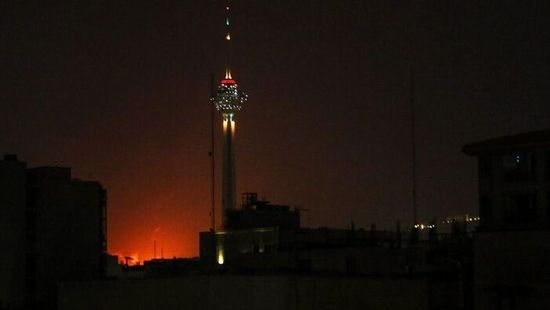



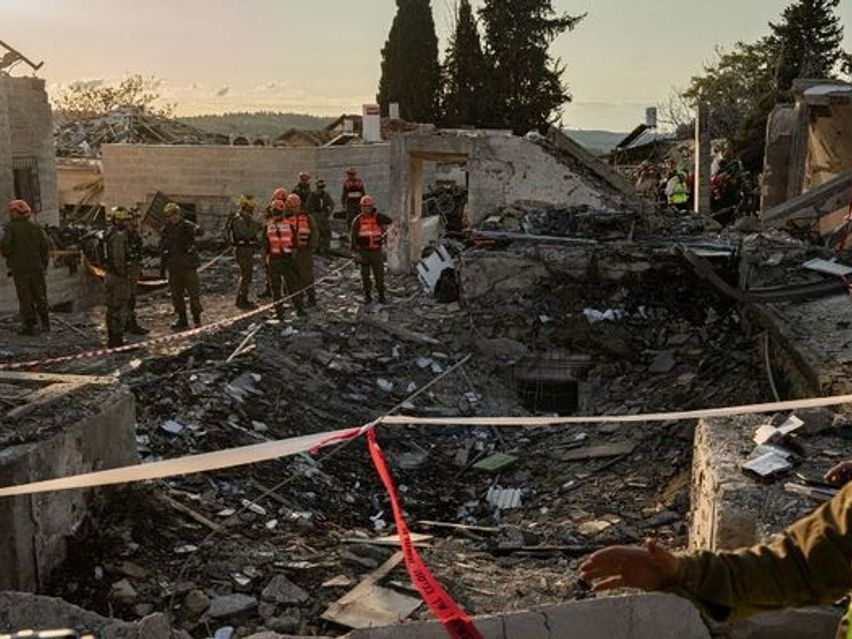



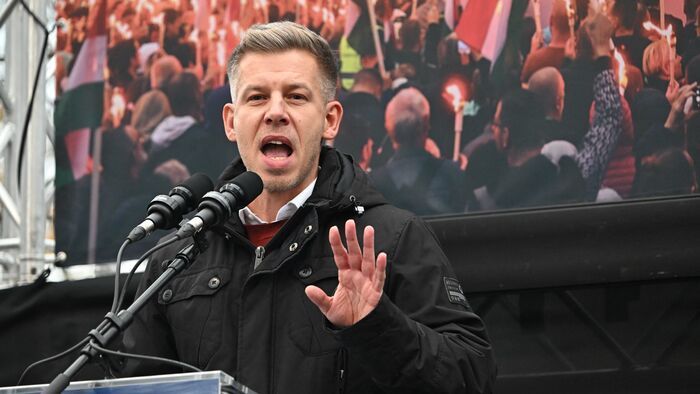

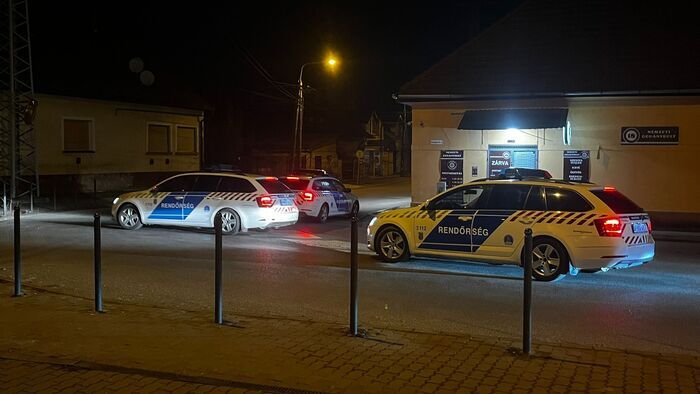
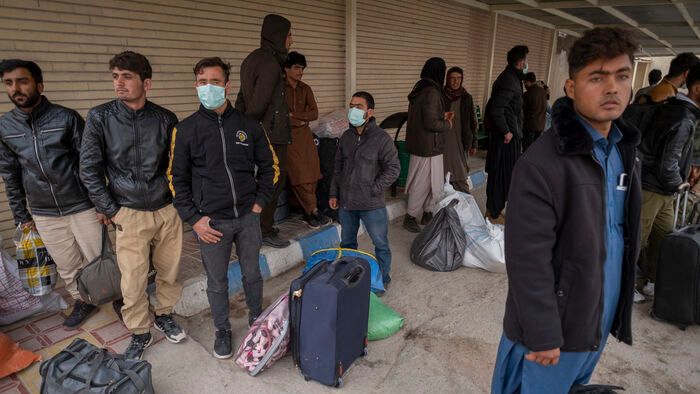
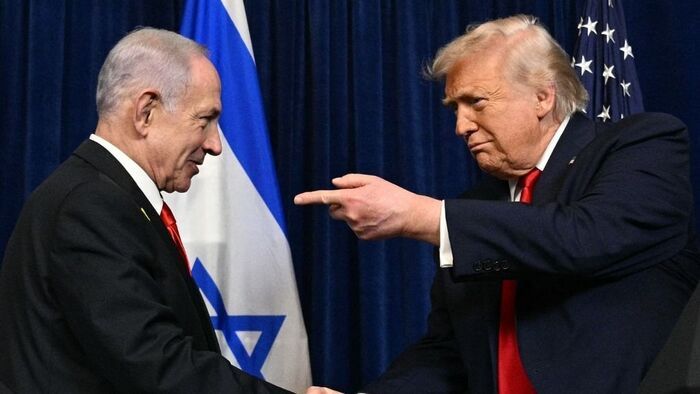
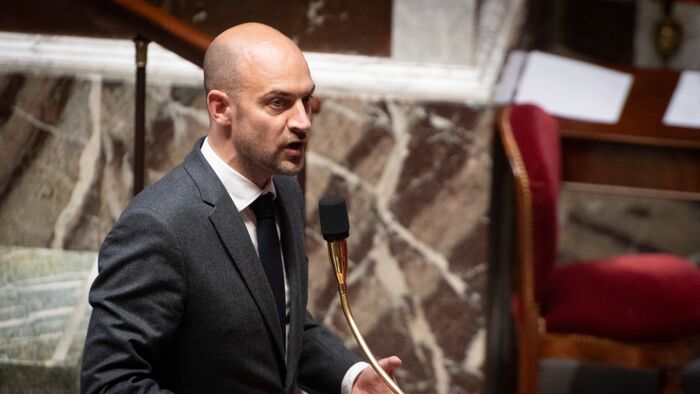

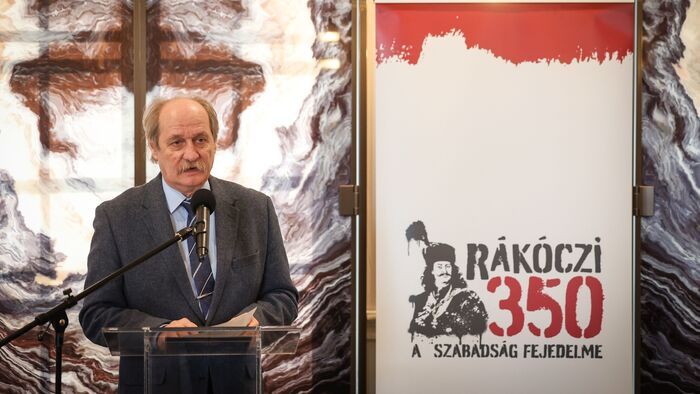


Szóljon hozzá!
Jelenleg csak a hozzászólások egy kis részét látja. Hozzászóláshoz és a további kommentek megtekintéséhez lépjen be, vagy regisztráljon!